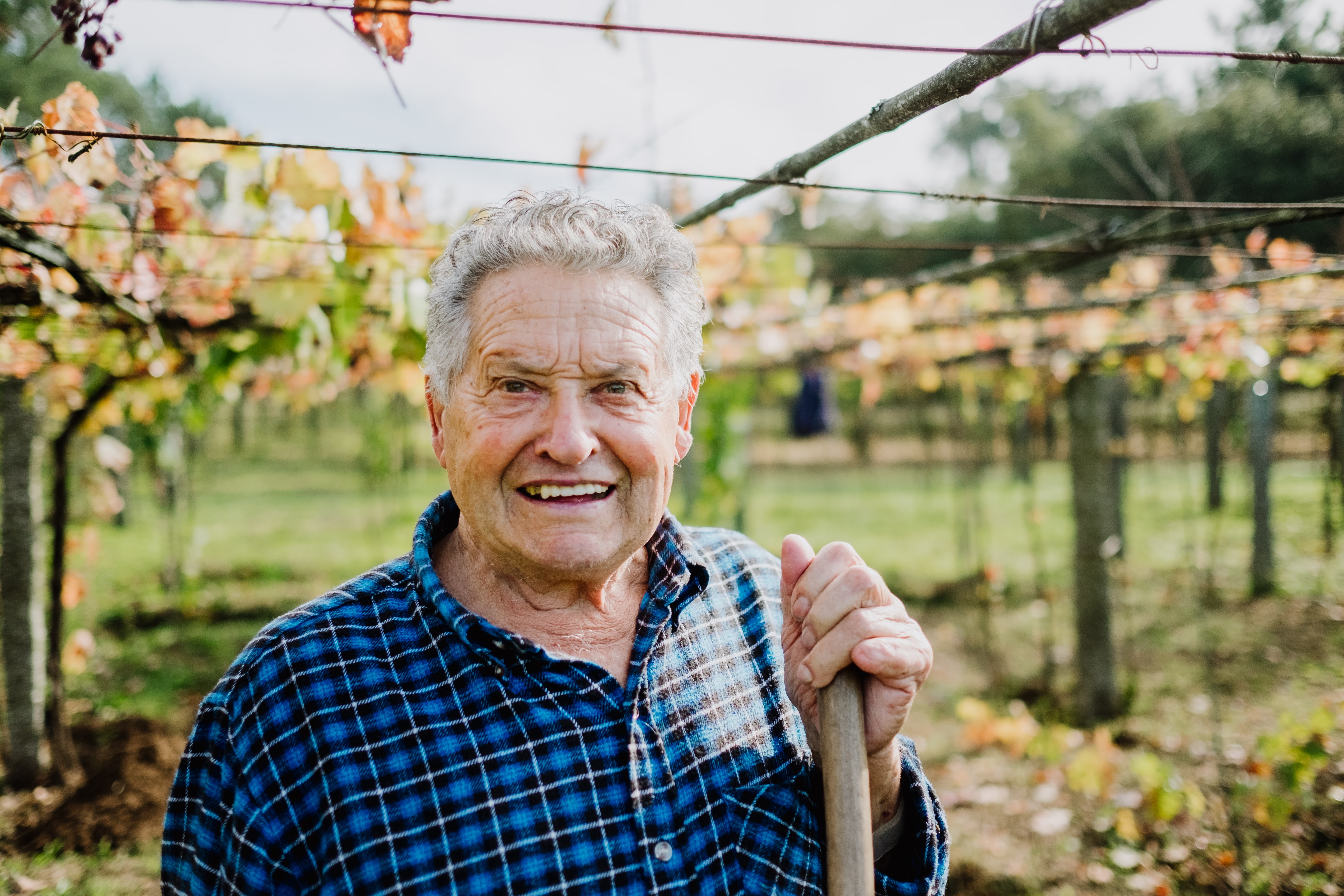Caregivers are unspoken heroes. They’re the people that deserve more recognition for the incredible work they do for their loved ones. Caring for an elderly parent or relative who has dementia is especially challenging. Nevertheless, there are practical things you can do to keep your loved one safe.
Educate Yourself on Dementia
As a caregiver to your elderly relatives, you have a lot of responsibility. You’re providing 24/7 care and you need to stay alert at all times. Not only are you trying to juggle your own personal and professional life, but you’re also trying to provide the best care for your family. It can stressful when your parents are highly dependent on you to complete their day-to-day activities. But because you love them and want the best for them, you continuously do everything in your power to keep them happy.
If you’re still figuring out how to best look after your aging relatives, you’re not alone. Many adults struggle to know what to do. The roles have been reversed and your parents are now dependent on you. One of the best things you can do when caring for a loved one who has dementia is to educate yourself on their condition.
The National Institute on Aging (NIA) defines dementia as “the loss of cognitive functioning—thinking, remembering, and reasoning—to such an extent that it interferes with a person’s daily life and activities.” The NIA also explains that dementia may lead to emotional outbursts and even changes in personality. Elderly people with severe dementia will need help with most day-to-day activities. It is important to focus on the love you have for your parent or relative so that you can continue to treat him or her with patience, affection, and respect.
However, if the symptoms of dementia are mild, there are practical arrangements you can put in place to keep your loved ones safe without compromising their independence. A few suggestions are mentioned below.
1. Use a Medical Alert System
Medical alert systems for seniors are perfect to keep your loved one safe when they’re on their own. These systems use sophisticated technology that provides emergency monitoring so you can keep an eye on them and provide help as quickly as possible if necessary.
Many of these systems are linked directly to emergency services. When activated, they will alert medical personnel that your senior parent needs rapid assistance.
According to Age UK, 4.3 million (36%) of seniors worry about falling over more than anything else. Installing a medical alert system in your elderly relative’s home can alleviate some of their worries. This will help you to relax knowing that they can get immediate help if they’re in trouble.
2. Install Ramps and Handrails
There are lots of reasons why your loved one might need help in the home.
In particular, falls are a huge concern for many caregivers. In 2018, there were around 36 million falls, 8.4 million of which resulted in fatal injuries. Many of these falls or the associated injuries can be prevented by putting the right safety measures in place.
There are a range of great modifications that will prevent falls and injuries, and make home living much easier for the seniors in your family.
Ramps are a popular choice for many, as they can make moving around the home simple. If your relative has poor mobility or uses a Zimmer frame to get around their house, ramps can ensure they can safely transition from one room to the next.
You can also get handrails installed throughout their home so they have something to hold on to if they feel unstable. Handrails provide extra support for those who struggle with balance and stability.
Handrail insertion might not be necessary for every room if your senior relative only uses a limited area of their home. Consider the areas where your elderly relative is going to be sitting and standing a lot, such as the bathroom and living room.
3. Rearrange Furniture and Remove Clutter
Modifications don’t need to be expensive or complicated. Moving around your senior’s furniture and tidying up their home can be just as effective in reducing safety hazards and allowing them to move around more freely.
Be careful about making too many rearrangements as your loved one is more likely to become confused due to his or her dementia. A lot of elderly people don’t like change and it can cause them to become distressed.
Move things gradually over time and keep them well-informed of what you’re doing. This will help them to feel more in control and less worried about the changes that are occurring in their home.
When there is lots of clutter around the house, it can result in trips and falls. Take some time to tidy around their house and store non-essential items away.
Keep wires and cables out of the way to ensure the floors are clear. For those with impaired vision, it can be difficult to spot loose wires and, as a result, they can trip and fall over them. Either remove any unnecessary wires and cables or get some sticky tape and secure them to the walls.
If your relative uses a wheelchair or other walking aids, rearrange the furniture or remove any unused items. Keep the furniture towards the outside edges to create extra space for them to move comfortably around their home.


